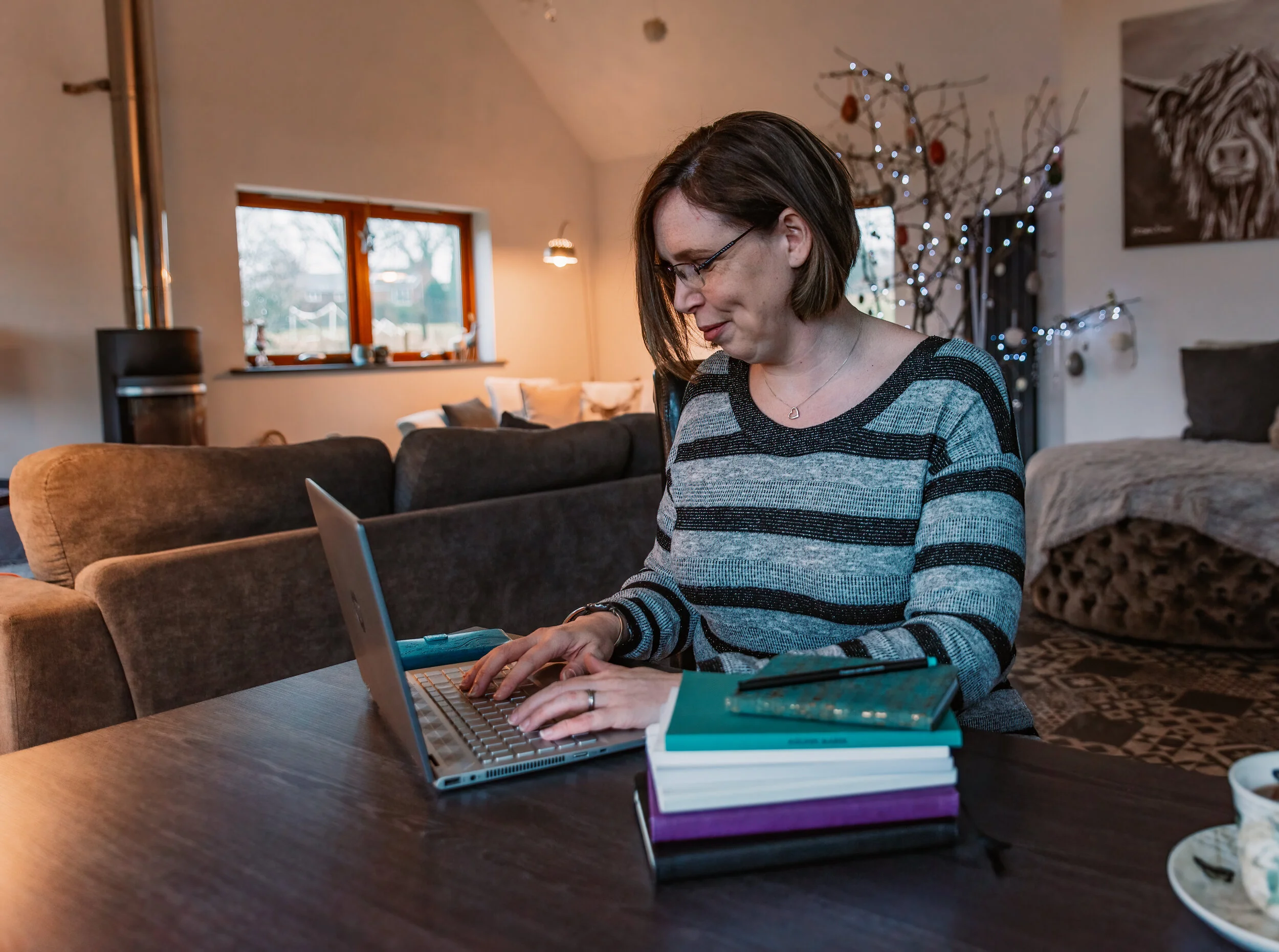
Supporting Your Child's Emotional Development
A question I am often asked is, “how can I help my child?”. Parents who bring their children to me for counselling want to know that their child can talk to someone in confidence and receive support, but also want to know how they can support their child as well.
Here are my 6 tips for supporting your child emotionally …
A question I am often asked by parents is, “how can I help my child to manage their emotions?” Parents who bring their children to me for counselling want to know that their child can talk to someone in confidence and receive support, but also want to know how they can support their child as well. After all, therapy is often a long term intervention: there are no “quick fixes”, no over night changes. Wouldn’t it be great if I had a magic wand and could change things instantly? Sadly, I’m no fairy godmother (though the wings and wand are appealing!) But whilst therapy can take a while, parents want to know what they can do NOW - how do they help their child in the short term?
And here’s my answer …
“Be their anchor”
Being an anchor means being grounded, offering security and stability.
Here are my 6 tips for supporting your child emotionally:
Awareness:
Be aware of any changes in mood: your child becoming more tired or withdrawn for example. Or perhaps they are appearing more irritable. What is their behaviour telling you? Listen and notice changes in attitude, appetite, activities, etc. And be aware of your own responses. How are you modelling your emotional responses?
Nurture:
Make sure they are eating well and getting enough sleep. And don’t forget about yourself! Encourage your child to practise some self care and self compassion, and model it for them. Hopefully we're getting the idea of self care... A hot cup of tea, a manicure, a bubble bath, an early night or a good catch up with friends are just some ideas. But self compassion is a little bit different. It's the way we treat ourselves, speak to ourselves, think about ourselves. Do we forgive ourselves when we make a mistake? Do we speak kindly to ourselves when we are vulnerable? Think about the compassion we show our friends and family. Do we do the same for ourselves?
Communicate:
Keep talking, but also listen. Make sure you communicate, whether it’s via text or face to face. Offer cuddles, hugs and reassurance. But pick your moments: if your child is in the throes of a meltdown, give them a little space. Choose a moment when things are quieter and calmer to talk to them about what you’re noticing. Encourage family conversations, too. Try a “worst bit, best bit” activity around the dinner table (I’m a big believer in families eating together where possible) The idea is that each family member offers their worst bit of the day and their most positive. There’s no need to “fix” the worsts bits or dissect them, just listen and acknowledge. Hopefully this will give everyone the chance to feel they have a voice, but also to be aware of how everyone is feeling and to respond accordingly.
Hear them:
Be truly present when they are talking. Yes, it can be easy to lose concentration and listen with half an ear as they list their litany of woes of the day (from the supply teacher getting their name wrong, to having soggy sandwiches at lunch) but the danger of not fully being present is that you might miss the little thing they slip in, which is actually the thing they are really upset about. Practise active listening, letting them talk without jumping in, and reflect back what you’ve heard, so they know they have been heard, but also so you can help them put a name to the emotions they are expressing: “it sounds like that really embarrassed you…”
Offer:
Offer, don’t insist. If your child seems upset, angry or worried, of course you want to jump straight in and “fix it”. But sometimes they need to be able to figure things out for themselves. This is how their problem solving and resilience develop. And if you fix everything, sometimes they come away with a sense of helplessness and failure: they need to be able to manage things themselves sometimes, to develop a sense of achievement and independence. Recognise and acknowledge that you can see they are unhappy/anxious/frustrated, offer to listen and do just that: listen. Let them talk, let them figure it out. And if they can’t, then offer to help, but give them the chance to work it out first.
Relate:
Try and keep an eye on trends, music, slang that is popular amongst your child’s age group. You don’t need to join in, but just having an awareness might help you understand them better.
Aislinn Marek is a qualified person-centred counsellor, registered with the BACP (British Association of Counsellors and Psychotherapists). She has extensive experience of working within the fields of mental health and education.
For more information about any of the topics covered, please email aislinn@thecalmwithin.co.uk
What difference can one person make?
But then the moment came: the golden envelope was opened! (Very Oscars like, I have to say!) And that was it - The Calm Within had won “Best Family Service” in Bury!
On Thursday 23rd May 2019, I attended the Raring 2go! awards in Bury. The Elizabethan Suite at the Town Hall looked beautiful.
The way the event worked was like this: each category was announced, followed by the name of the finalists. The finalists were invited to stand and then the winner was announced. When it came to my category, I watched as each finalist was announced, and whole tables of people stood. The Calm Within was called and there I stood, just me! It may sound cliched but I did not expect to win. Here was I, a sole trader, just one person, against big companies with multiple employees.
But then the moment came: the golden envelope was opened! (Very Oscars like, I have to say!) And that was it - The Calm Within had won “Best Family Service” in Bury! I was shocked to say the least! The challenge then was to make it all the way across the room (in heels I rarely wear - think Bambi!), up the stairs and to receive my award from the lovely Jayne Deakin, smile for the camera and make my way back - without bursting into tears. For I was so emotionally overwhelmed that that’s what was likely to happen. Thank goodness we didn’t have to do speeches, or it really would have turned into the Oscars!
It was amazing to have won - to have had so many people believe that the service I offer through The Calm Within is a good one, a professional, caring and effective service. That is huge! But more than that - it’s the impact of having a Mental Health and emotional well-being service recognised as being important. It’s not a retailer, a playcentre, a restaurant. All of those things are important and I certainly nominated several, but this is about saying emotional health matters and families are recognising that they CAN access support and don’t have to struggle on alone.
Throughout the evening, people spoke to me about the award; they offered their congratulations, but more importantly, told me that, not knowing what the company was, they had googled or visited the website and had loved what they had seen. They spoke of valuing what the company is all about, and getting mental health services in the community recognised for their importance.
This is what winning the award meant to me. Yes, it is amazing to have my hard work recognised, but also getting the word out there that there is support available. That it is okay to talk about mental health and to ask for help.
And one person can make a difference. Every person that voted for me in the awards made a difference. Think about the world, how many people there are. If we all made one small change, or did one kind act for each other or the earth, how powerful that change could be.
Thank you to Raring2go! Bury for the amazing reward and celebration!




